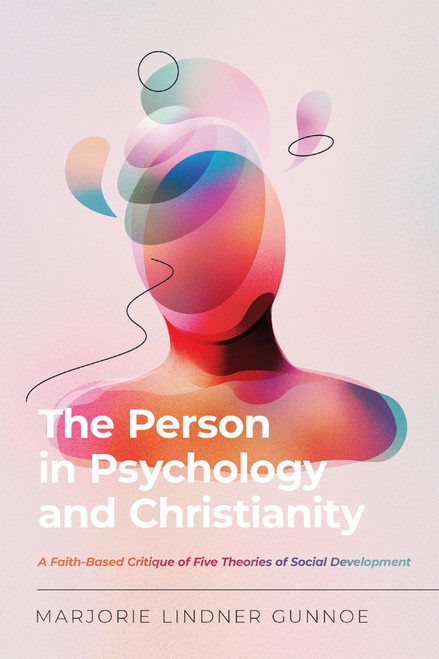Starting with Freud's projection theory of religion-that belief in God is merely a product of man's desire for security-Professor Vitz argues that psychoanalysis actually provides a more satisfying explanation for atheism. Disappointment in one's earthly father, whether through death, absence, or mistreatment, frequently leads to a rejection of God. A biographical survey of influential atheists of the past four centuries shows that this defective father hypothesis provides a consistent explanation of the intense atheism of these thinkers. A survey of the leading intellectual defenders of Christianity over the same period confirms the hypothesis, finding few defective fathers. Professor Vitz concludes with an intriguing comparison of male and female atheists and a consideration of other psychological factors that can contribute to atheism.
Professor Vitz does not argue that atheism is psychologically determined. Each man, whatever his experiences, ultimately chooses to accept God or reject him. Yet the cavalier attribution of religious faith to irrational, psychological needs is so prevalent that an exposition of the psychological factors predisposing one to atheism is necessary.










